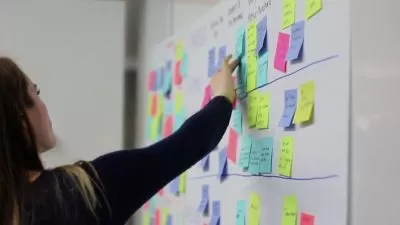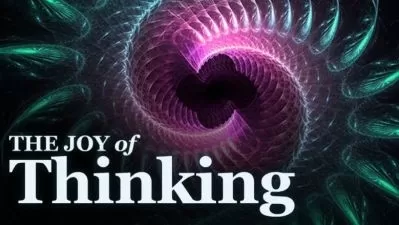Build Your Logical Thinking Skills
Kim Wehle
40:38
Description
We’ve all been there: We’re in an argument, and things just aren’t going well. We’re not convincing, and maybe things even get personal and emotional. Even worse, maybe this happens at work. How do you get out of that reactive emotional space? Better yet, how do you avoid getting into that situation in the first place? In this course, law professor Kim Wehle shows you how to identify and create strong arguments backed with sound reasoning, so you can be more confident, more effective, and ultimately reach a place of common ground that everyone can feel good about. Kim starts with explaining how to identify and support your claims, then discusses how to use both deductive and inductive logic in the workplace. She also highlights several logical fallacies—like the straw man fallacy, the slippery slope, and begging the question—that can undermine your arguments.
More details
User Reviews
Rating
Kim Wehle
Instructor's Courses
Linkedin Learning
View courses Linkedin Learning- language english
- Training sessions 15
- duration 40:38
- Release Date 2023/01/03






























